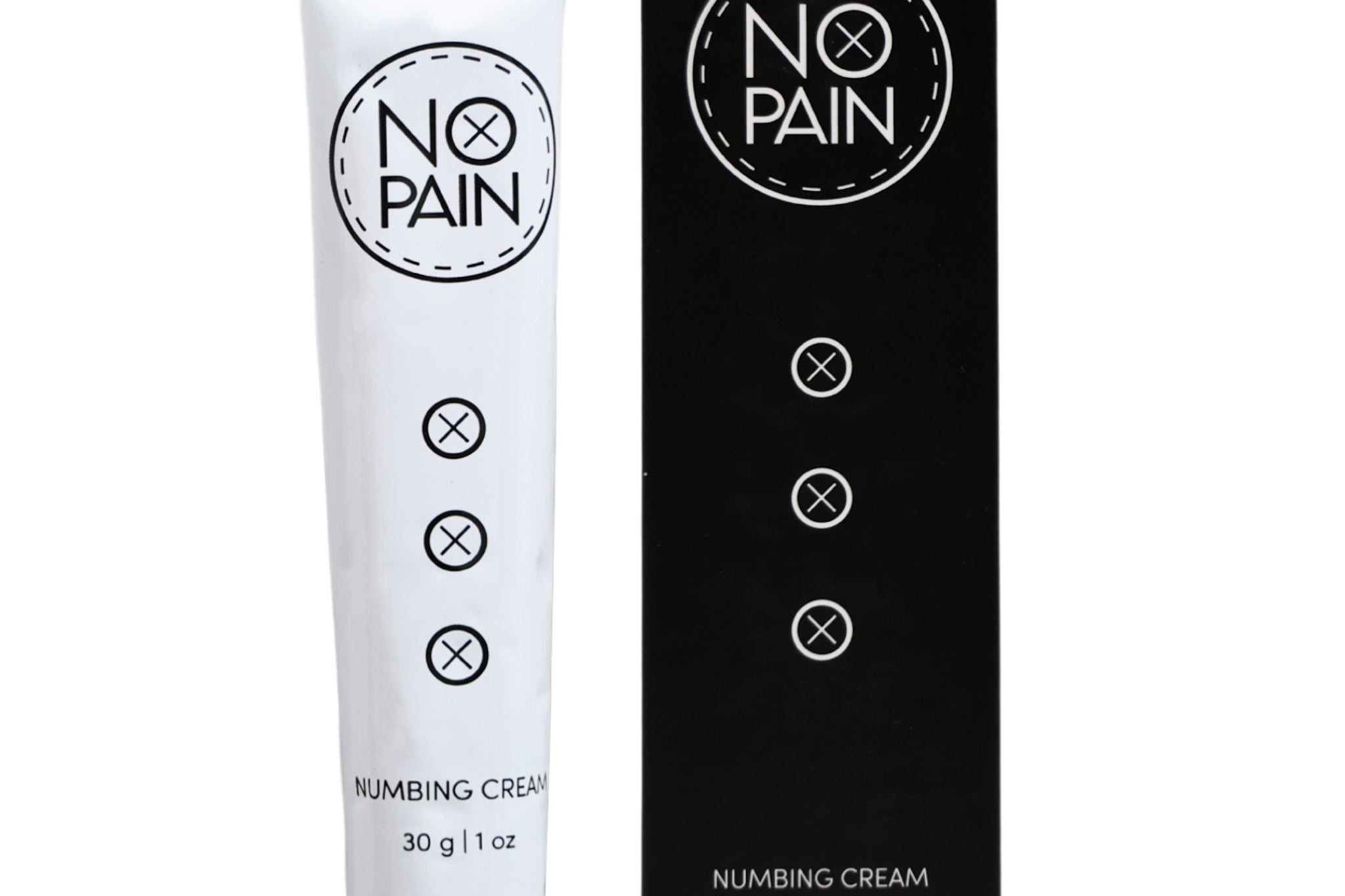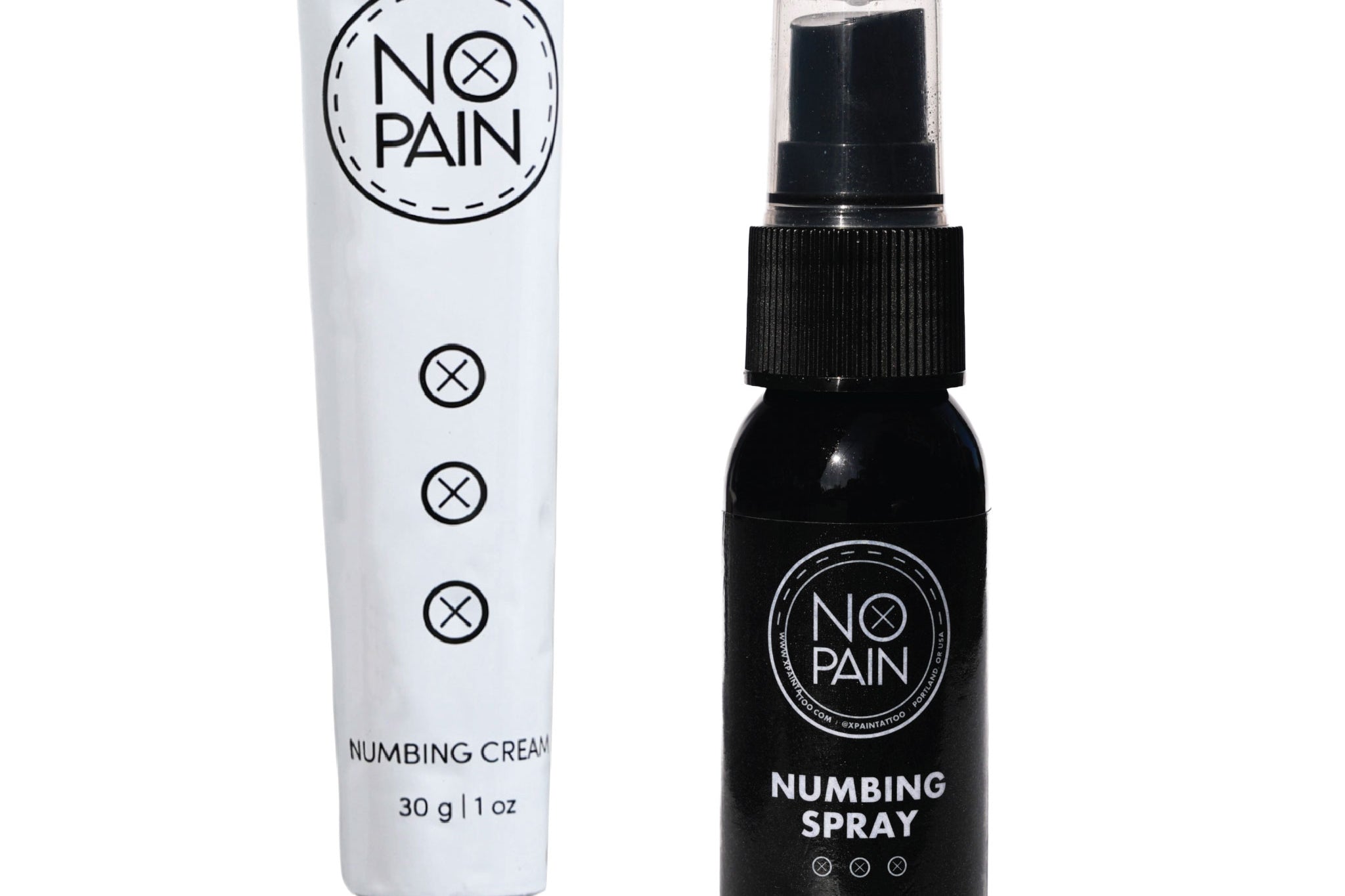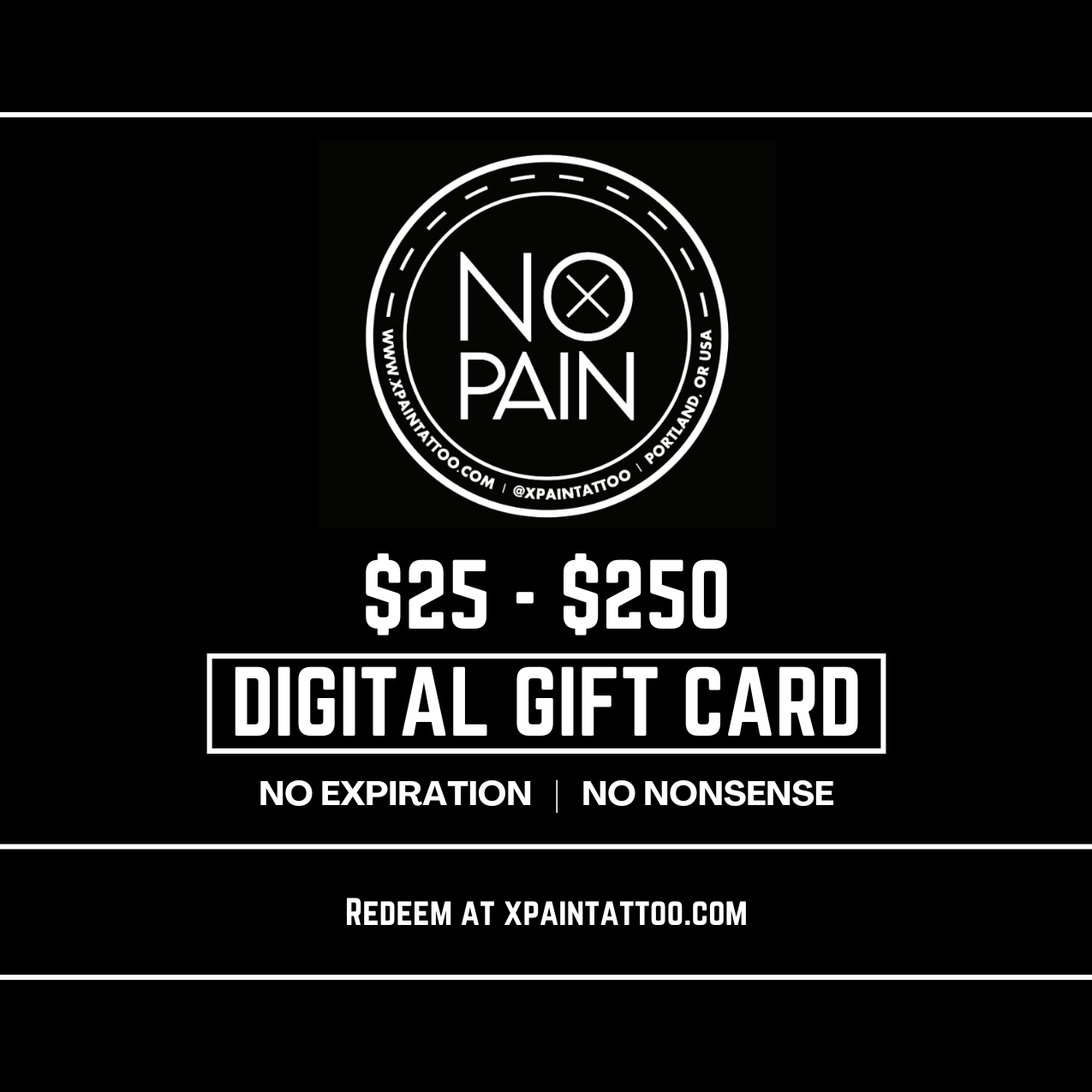You've done your research, you know how to find a tattoo artist you love, and you've just had a great tattoo consultation. The artist is excited about your idea, and you're ready to book your appointment. Then, they ask for a deposit.
For a first-time client, this can be a point of confusion. What is this extra fee? Does it go towards the final cost? Is it refundable? Understanding the purpose of the deposit is a key part of the professional tattoo process.
This is your complete guide to what a tattoo deposit is, why it's required, and what you can expect.
What is a Tattoo Deposit?
A tattoo deposit is a down payment you make to an artist to secure your appointment slot and to commission them to start working on your custom design. It is a standard, professional practice in the tattoo industry worldwide. The amount can vary, but it's often a flat rate (e.g., $100-$200) or a percentage of the estimated total cost of the tattoo.
Why Do Artists Require a Deposit?
A deposit is not an extra fee; it's a crucial part of the business transaction that protects the artist's most valuable assets: their time and their creative energy.
-
It Compensates for Drawing Time: This is the most important reason. When you book a custom tattoo, your artist will spend hours before your appointment researching, conceptualizing, and drawing your unique design. This is skilled labor that happens behind the scenes. The deposit ensures they are compensated for this creative work, even if you decide not to get the tattoo later.
-
It Secures Your Appointment Time: An artist's time is their income. When you book a 4-hour slot, they are turning away all other potential work for that time. A deposit serves as a serious commitment from you, the client, that you will show up for your appointment. It provides them with a small amount of financial security against a last-minute cancellation or a no-show.
Answering the Big Questions
-
Does the deposit go towards the final cost of the tattoo?
Yes, absolutely. The deposit is deducted from the final price of your tattoo. If your tattoo costs $500 and you paid a $100 deposit, you will owe the remaining $400 at the end of your session. For multi-session pieces, the deposit is typically taken off the cost of the final session.
-
Is the deposit refundable?
Almost never. This is critical to understand. The deposit is the artist's insurance for their drawing time and their booked-out schedule. If you cancel at the last minute or simply don't show up, you forfeit your deposit. Most artists have a strict cancellation policy (e.g., you must give 48-72 hours' notice) if you need to reschedule without losing your deposit.
-
What if I don't like the design?
A deposit secures a collaborative process. One or two minor edits to a design are a normal and expected part of this process. However, if you ask for a complete re-draw of the entire concept, you may be asked to pay a new deposit for the additional drawing time.
-
What if the artist says that my deposit is not going towards the price of the final tattoo? Or the deposit is a "drawing fee"?
At that time, we would suggest that you find another artist. Unless this is a god-tier artist that has his or her books closed for years and is delivering the best irezumi ever seen, then maybe skip it. There are industry standards for a reason.
The Verdict: Paying a deposit is the professional and respectful way to officially hire a tattoo artist and begin the creative process. It's a sign that you are a serious client who values the artist's time and unique skill. By understanding its purpose, you can move forward with booking your appointment with confidence, ready to collaborate on a beautiful and permanent piece of art.




